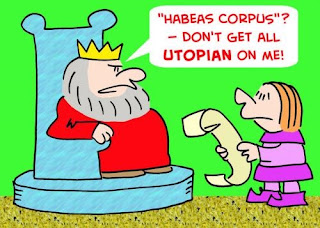 The ancient Sumerians and Egyptians were the first to
divide the day into different parts. Around 3500 BC, slender tapering monuments
were built to record time. Their moving shadows made it possible to divide a
day into two parts by marking the time when the shadow is at its shortest, as
midday or noon. These monuments were called obelisks, and they also showed the
longest and shortest days, when the shadow at noon was the shortest, or longest
in the year.
The ancient Sumerians and Egyptians were the first to
divide the day into different parts. Around 3500 BC, slender tapering monuments
were built to record time. Their moving shadows made it possible to divide a
day into two parts by marking the time when the shadow is at its shortest, as
midday or noon. These monuments were called obelisks, and they also showed the
longest and shortest days, when the shadow at noon was the shortest, or longest
in the year.
The passage of hours was first measured around 1500 BC
when the first sundials were built. The sundial divided a sunlit day into ten
parts, plus two parts for the twilight hours in the morning and evening.
Over the centuries, clock making
became more developed and time keeping more refined, till today, there are
devices that record time accurately to one hundredth of a second.


